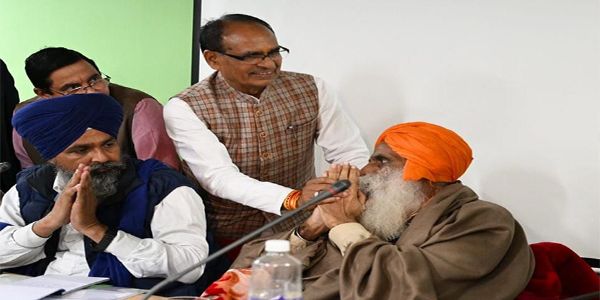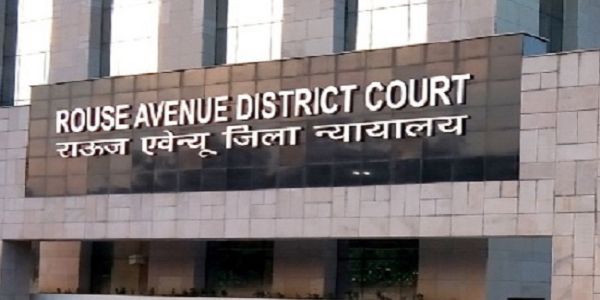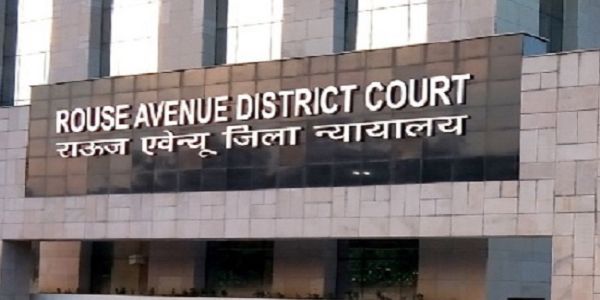
Delhi, 22 February (H.S.): The Ministry of Statistics and Programme Implementation (MoSPI) has published the latest edition of the Compendium of Datasets and Registries in India, 2024, a key initiative aimed at strengthening data accessibility and informed decision-making. As part of the ongoing modernization of the National Statistical System, this compendium ensures that government data is easily accessible for policymakers, researchers, academicians, students, analysts, businesses, and the general public.
This comprehensive resource consolidates metadata for approximately 270 datasets and registries sourced from 40 Ministries and Departments of the Government of India, covering sectors such as agriculture, health, education, labor, rural development, tourism, social justice, banking, and more. By serving as a one-stop reference, the compendium enables users to explore the availability, scope, and accessibility of government datasets effortlessly.
It features standardized metadata, detailing data collection methodologies, periodicity of updates, and data-sharing policies across ministries. Additionally, it outlines the legal and regulatory framework governing the collection and dissemination of each dataset while offering insights into the level of disaggregation to support deeper analysis and evidence-based policymaking. Users can also benefit from direct access to data sources through links to the respective Ministry/Department portals, ensuring seamless accessibility.
Recognizing the increasing need for reliable and well-structured government data, this initiative aligns with broader efforts of MoSPI to modernize and streamline the National Statistical System. By consolidating crucial information in one place, the compendium plays a vital role in advancing data-driven governance, fostering research, and promoting evidence-based policymaking.
Designed as a dynamic document, the Compendium of Datasets and Registries in India is periodically updated to incorporate new datasets, evolving methodologies, and revised policies, ensuring stakeholders always have access to the most current and relevant information. All stakeholders, including policymakers, researchers, businesses, and civil society organizations, can leverage this compendium to gain valuable insights and contribute to the effective utilization of government data for national development. The compendium is available for access on official website of the ministry: www.mospi.gov.in
---------------
Hindusthan Samachar / Jun Sarkar








